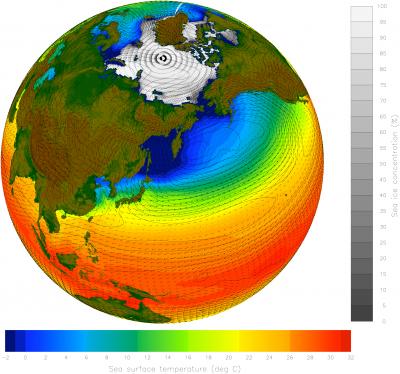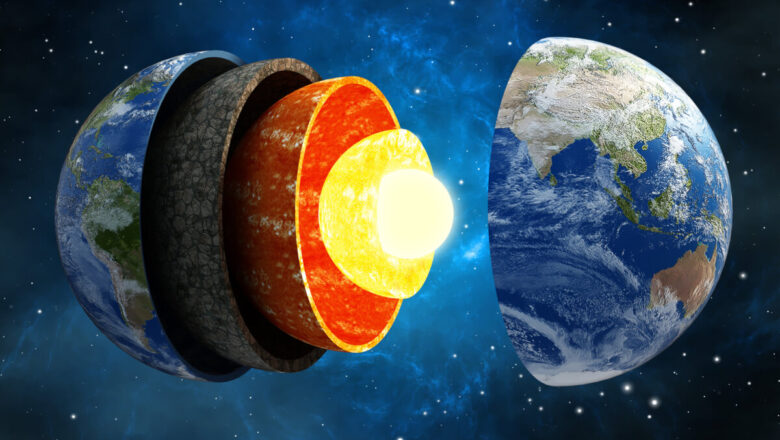
Global Temperature Surges in 2023-2024 Pressing Challenge for Climate Forecasting Amid Record Heat and Extreme Weather
As global temperatures are projected to rise above the critical 1.5ºC threshold in 2023-2024, climate scientists are increasingly concerned about the impacts on global weather patterns, forecasting models, and preparedness for extreme weather events. The accelerated pace of climate change, driven largely by human-induced global warming, is intensifying the unpredictability of weather systems and challenging the accuracy of traditional forecasting. This article delves into the factors influencing weather and climate forecasting, examining the impacts of global warming, shifts in atmospheric dynamics, and the limitations of predictive models amid complex, extreme weather events.
Global warming refers to the steady rise in Earth's average surface temperature due to the accumulation of gree...

